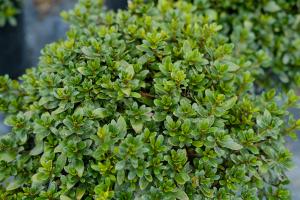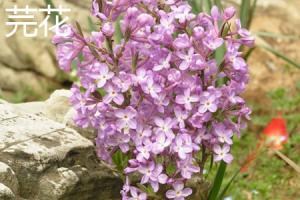Is Epsom Salt Good for Hydrangea Plants?
Hydrangeas are a beautiful addition to any garden or landscape. However, in order to have healthy and vibrant hydrangea plants, it is important to provide them with the proper nutrients. One nutrient that is often recommended for hydrangeas is Epsom salt.
What Is Epsom Salt?
Epsom salt, also known as magnesium sulfate, is a compound made up of magnesium, sulfur, and oxygen. It is named after a town in England where it was first discovered. Epsom salt has a wide variety of uses, from health and beauty to gardening and household cleaning.
What Are the Benefits of Epsom Salt for Hydrangeas?
Epsom salt is believed to offer several benefits for hydrangeas. One of the main benefits is that it can help to promote the growth of strong and healthy leaves. This is because the magnesium in Epsom salt is essential for the formation of chlorophyll, which is what gives plants their green color.
In addition to promoting healthy leaves, Epsom salt is also thought to help hydrangeas produce more flowers. This is because the sulfur in Epsom salt is known to promote the development of buds and flowers. By providing your hydrangeas with a source of sulfur, you may be able to encourage them to produce more blooms.
How to Use Epsom Salt on Hydrangeas?
If you decide to use Epsom salt on your hydrangeas, the first thing you will need to do is choose a high-quality Epsom salt product. You can find Epsom salt at most garden centers and home improvement stores.
Once you have your Epsom salt, the next step is to mix it with water. The general recommendation is to mix 1 tablespoon of Epsom salt with 1 gallon of water. You can then use this solution to water your hydrangeas every two weeks during the growing season.
If you prefer, you can also mix the Epsom salt directly into the soil around your hydrangeas. To do this, simply sprinkle 1 tablespoon of Epsom salt around the base of each plant, then cover it with a layer of soil.
Are There Any Risks to Using Epsom Salt on Hydrangeas?
While Epsom salt is generally considered safe for use on hydrangeas, there are some risks that you should be aware of. One of the main risks is that overuse of Epsom salt can lead to a buildup of magnesium and sulfur in the soil, which can be harmful to plants.
To avoid this issue, it is important to follow the recommended guidelines for using Epsom salt on your hydrangeas. Do not exceed the recommended dosage, and do not apply Epsom salt too frequently.
Conclusion
In summary, Epsom salt can be a beneficial nutrient for hydrangeas. It is believed to promote healthy leaves and encourage the production of more blooms. However, it is important to use Epsom salt in moderation and follow the recommended guidelines to avoid any risks to your plants.

 how many times do yo...
how many times do yo... how many planted tre...
how many planted tre... how many pine trees ...
how many pine trees ... how many pecan trees...
how many pecan trees... how many plants comp...
how many plants comp... how many plants can ...
how many plants can ... how many plants and ...
how many plants and ... how many pepper plan...
how many pepper plan...
































